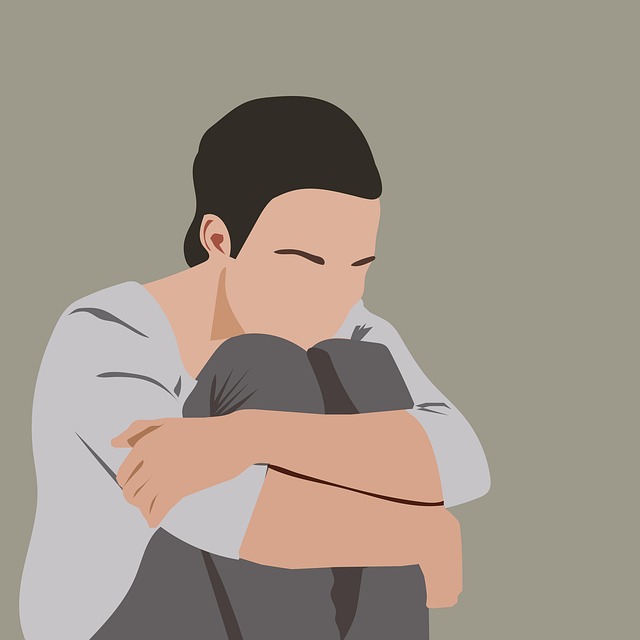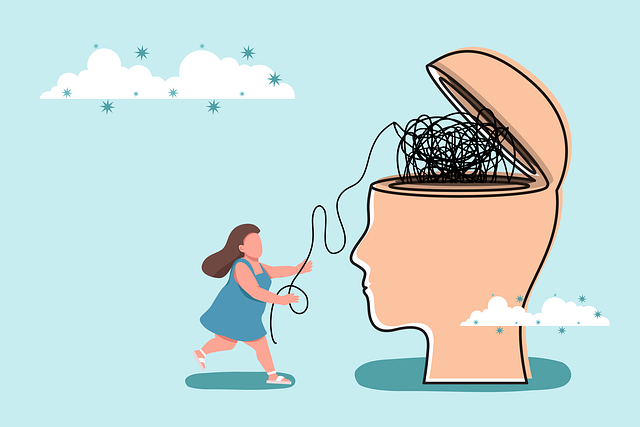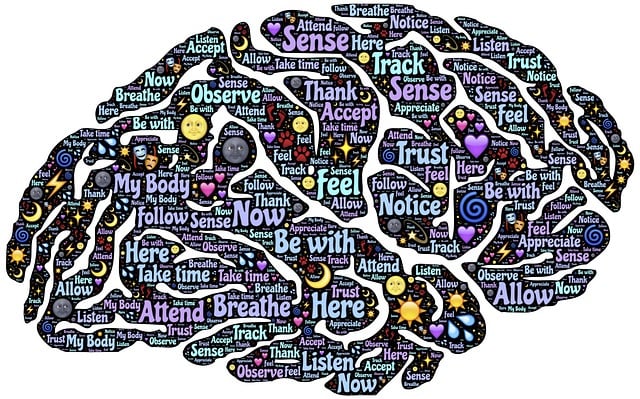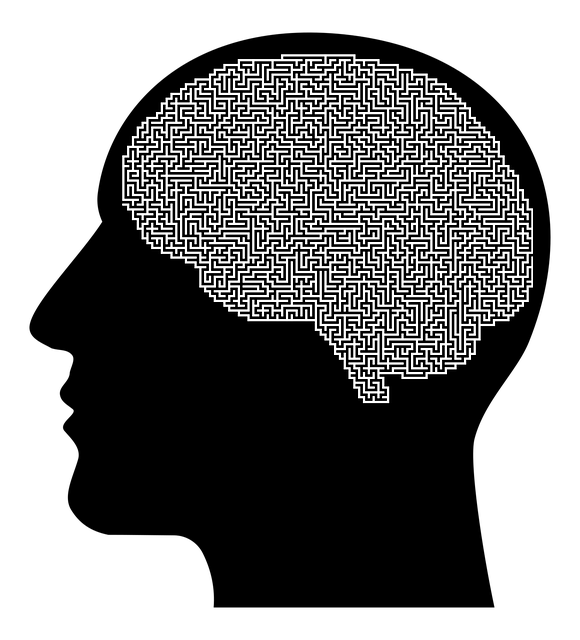Resilience is vital for veterans transitioning to civilian life, and the Recovery, Resilience, and Strength (RFM) Model at Littleton Veterans Therapy offers an evidence-based approach. This model focuses on trauma recovery, building future resilience, and cultivating personal strengths, with therapists tailoring interventions based on individual experiences. Integrated into community outreach programs, RFM empowers veterans, creates supportive environments, and promotes understanding. Safe risk management planning is key for effective mental health delivery. Through holistic techniques like journaling, Littleton Veterans Therapy equips clients with lasting coping mechanisms, enhancing self-awareness and emotional regulation. They provide specialized support, create safe spaces for healing, and foster resilience, addressing unique veteran needs to reduce stigma and empower long-term recovery.
Resilience is a critical component of mental health, especially for veterans facing unique challenges. This article explores how the RFM (Resilience, Flexibility, and Mastery) model enhances coping strategies in therapy settings, with a particular focus on the pioneering work of Littleton Veterans Therapy. We’ll delve into the impact of structured resilience-building exercises on veteran well-being, highlighting practical applications that can improve their overall resilience.
- Understanding RFM and Its Impact on Veterans' Resilience
- Implementing Resilience-Building Exercises in Therapy Settings
- The Role of Littleton Veterans Therapy in Enhancing Coping Strategies
Understanding RFM and Its Impact on Veterans' Resilience

Resilience is a vital asset for veterans transitioning back into civilian life, and that’s where RFM (Recovery, Resilience, and Strength Model) comes in as a powerful tool. This evidence-based approach aims to enhance their inner strength development by focusing on three key areas: recovery from past traumatic experiences, building resilience to face future challenges, and cultivating personal strengths. By understanding their unique experiences and traumas, therapists at Littleton Veterans Therapy can tailor interventions to support veterans in developing coping mechanisms and a sense of agency.
The RFM model’s impact is profound, especially when integrated into comprehensive community outreach programs. This strategy not only empowers individuals but also fosters a supportive environment where veterans feel understood and valued. Furthermore, effective risk management planning for mental health professionals is essential to ensure these interventions are delivered safely and ethically, allowing veterans to build resilience and lead fulfilling lives post-service.
Implementing Resilience-Building Exercises in Therapy Settings

Implementing Resilience-Building Exercises in Therapy Settings at Littleton Veterans Therapy centers offers a unique opportunity to empower individuals with lasting coping mechanisms. These exercises, designed to enhance self-awareness and emotional regulation, are pivotal components of holistic therapy. By incorporating activities that foster mental wellness, therapists can provide clients with practical tools for navigating challenging situations.
One such effective exercise is journaling, which encourages individuals to reflect on their emotions and thoughts, promoting better understanding and tracking of moods. This practice aligns perfectly with the goal of mood management, allowing clients at Littleton Veterans Therapy to develop self-awareness exercises tailored to their specific needs. Through consistent engagement, these activities contribute to improved mental wellness and resilience in the face of adversity.
The Role of Littleton Veterans Therapy in Enhancing Coping Strategies

Littleton Veterans Therapy plays a pivotal role in equipping individuals with effective coping strategies, especially for those facing mental health challenges or recovering from traumatic experiences. Their specialized approach integrates various therapeutic techniques to enhance emotional healing processes and foster resilience. By providing a safe and supportive environment, clients are encouraged to explore their feelings, gain self-awareness exercises, and develop adaptive responses to stress and adversity.
Through its comprehensive programs, Littleton Veterans Therapy contributes significantly to mental illness stigma reduction efforts. They offer tailored interventions that address the unique needs of veterans and other individuals who have served, ensuring they receive the support necessary for long-term recovery. The therapy focuses on building resilience, a key factor in navigating life’s challenges, ultimately empowering clients to lead fulfilling lives despite their past experiences.
The implementation of RFM and resilience-building exercises, as highlighted by Littleton Veterans Therapy, offers a transformative approach to supporting veterans’ mental health. By integrating these strategies into therapy settings, professionals can empower individuals with enhanced coping mechanisms, fostering resilience and improving overall well-being. This evidence-based method not only benefits veterans but also serves as a valuable resource for anyone seeking to navigate life’s challenges more effectively.













